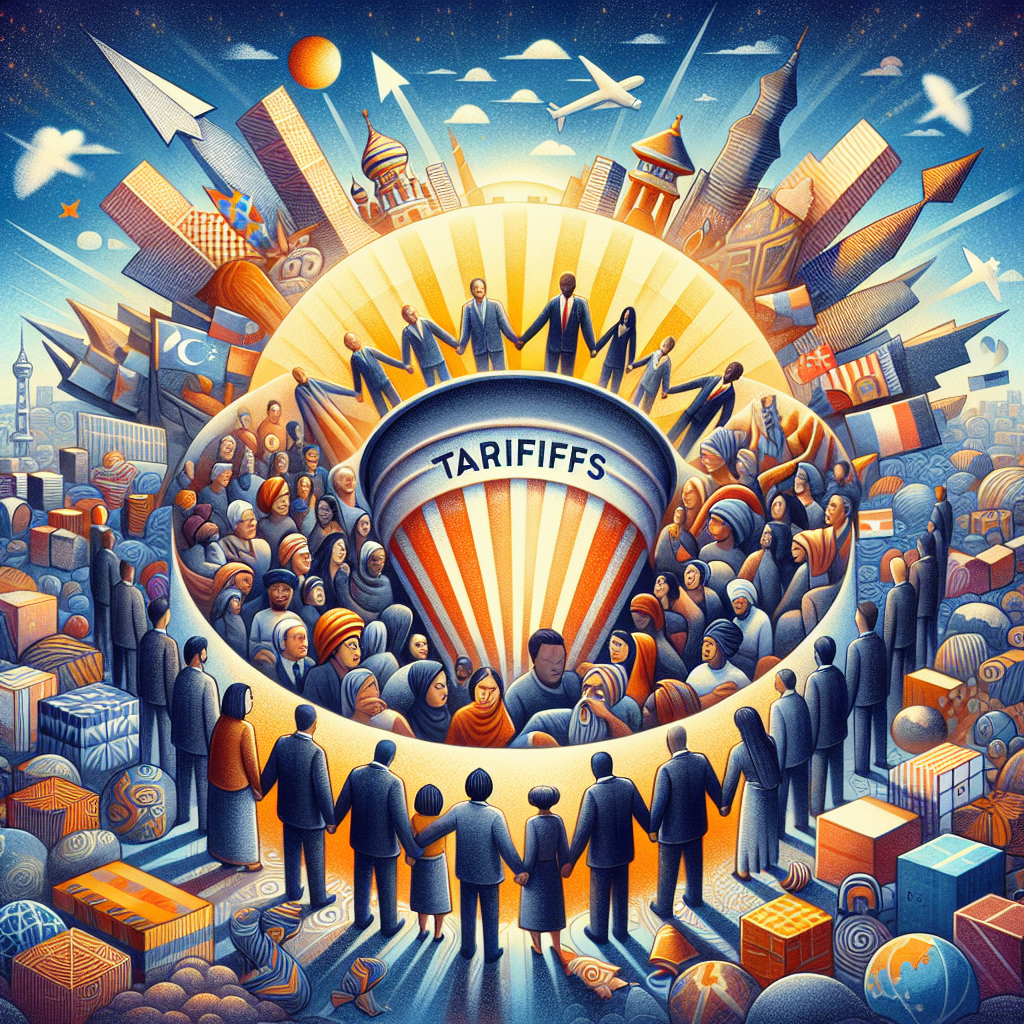Global Unity Emerges Against Tariffs
Global Unity Emerges Against Tariffs
Introduction
In a significant development on the international trade front, countries worldwide are coming together to oppose the imposition of tariffs. This collective stance marks a pivotal moment in global economic relations, as nations seek to foster free trade and economic cooperation.
Key Drivers of Unity
The movement against tariffs is driven by several critical factors:
- Economic Impact: Tariffs have been shown to disrupt global supply chains, increase costs for consumers, and hinder economic growth.
- Trade Relations: Countries are eager to maintain and strengthen trade partnerships, which are often strained by tariff impositions.
- Global Cooperation: There is a growing recognition of the need for collaborative approaches to address global economic challenges.
Major Players in the Movement
Several key nations and organizations are at the forefront of this anti-tariff movement:
- European Union: Advocating for open markets and reduced trade barriers.
- China: Pushing for multilateral trade agreements to counteract tariff impacts.
- World Trade Organization (WTO): Facilitating discussions and negotiations to resolve tariff disputes.
Potential Outcomes
The global unity against tariffs could lead to several positive outcomes:
- Enhanced Trade Agreements: New and improved trade deals that promote free trade.
- Economic Growth: A boost in global economic activity as trade barriers are reduced.
- Stronger International Relations: Improved diplomatic ties as countries work together towards common economic goals.
Conclusion
The emerging global unity against tariffs represents a significant shift towards fostering free trade and economic collaboration. By addressing the adverse effects of tariffs, nations are paving the way for a more interconnected and prosperous global economy. This movement not only promises economic benefits but also strengthens international relations, setting a precedent for future cooperation on global challenges.






































